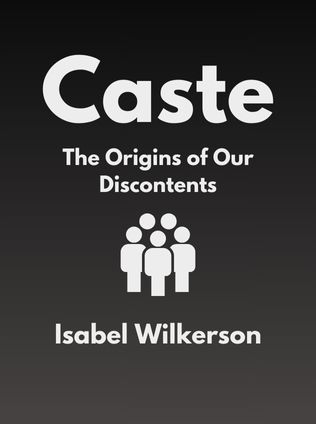
About the Author
The Federalist Papers were authored by three influential figures in American history: Alexander Hamilton, James Madison, and John Jay. Writing under the pseudonym "Publius," they crafted 85 essays that have become foundational texts in American political thought and constitutional theory.
Alexander Hamilton was a leading figure in the early United States, serving as the first Secretary of the Treasury. His vision for a strong central government and a vibrant financial system was pivotal in shaping the nation. Hamilton's contributions to The Federalist Papers are marked by his advocacy for federal power and his emphasis on the necessity of a strong executive branch.
James Madison, often hailed as the "Father of the Constitution," played a critical role in drafting and promoting the Constitution. He later served as the fourth President of the United States. Madison's essays in The Federalist Papers provide deep insights into the dangers of factionalism, the benefits of a large republic, and the importance of a well-constructed government to preserve liberty.
John Jay, the first Chief Justice of the United States, contributed to The Federalist Papers by focusing on foreign policy and the importance of national unity. His diplomatic experience and legal acumen brought a crucial perspective to the discussions, emphasizing the need for a strong federal government to maintain peace and stability.
Main Idea
The Federalist Papers were written to advocate for the ratification of the United States Constitution and to persuade the citizens of New York to support this new framework of government. The essays present a compelling case for a strong, unified federal government as the best means to ensure national security, economic stability, and the protection of individual liberties. Central to the arguments made by Hamilton, Madison, and Jay is the belief that the Articles of Confederation, which had governed the United States since independence, were fundamentally flawed and inadequate to meet the challenges facing the young nation.
The Federalist Papers explore the dangers of a weak confederation of states and argue that a more robust federal system would prevent internal conflicts, protect against external threats, and create a stable and prosperous economic environment. The authors also address concerns about the potential for tyranny within a strong central government by outlining the system of checks and balances embedded in the Constitution.
Table of Contents
- Introduction: The Necessity of Union
- The Dangers of Disunion
- The Deficiencies of the Articles of Confederation
- The Structure of the New Government
- The Separation of Powers
- The Importance of a Strong Executive
- The Role of the Judiciary
- Constitutional Safeguards and the Bill of Rights
- Conclusion: The Promise of the Constitution
Introduction: The Necessity of Union
The Federalist Papers open with a powerful argument for the necessity of union. The authors contend that only a united nation, governed by a strong central authority, can ensure the safety, welfare, and stability of the United States. Hamilton, in the first essay, warns of the dangers that could befall the nation if it fails to adopt the new Constitution. He argues that the union is essential not only for national security but also for the preservation of liberty and the promotion of prosperity.
"The safety and welfare of the parts of which it is composed, the fate of an empire in many respects the most interesting in the world, are involved in the issue." — Alexander Hamilton
This call for unity is rooted in the recognition that the American experiment in republican government is fragile and that disunion would lead to its failure. The authors emphasize that the diversity of the states, far from being a weakness, is a strength that can be harnessed through a federal system. By uniting under a single government, the states can pool their resources, coordinate their efforts, and protect themselves from external threats and internal discord.
The Dangers of Disunion
The Federalist Papers make a compelling case against disunion by outlining the dangers that would arise if the states were to separate into independent or loosely connected confederacies. John Jay, in particular, focuses on the external threats that would face a disunited America. He argues that foreign powers would exploit the divisions among the states, playing them against each other to weaken the nation and gain control over its resources.
Sign up for FREE and get access to 1,400+ books summaries.
You May Also Like
Rich Dad Poor Dad
What the Rich Teach Their Kids About Money - That the Poor and Middle Class Do Not!
By Robert T. KiyosakiFreakonomics
A Rogue Economist Explores the Hidden Side of Everything
By Steven D. Levitt and Stephen J. DubnerI Am Malala
The Story of the Girl Who Stood Up for Education and Was Shot by the Taliban
By Malala YousafzaiFactfulness
Ten Reasons We're Wrong About the World – and Why Things Are Better Than You Think
By Hans Rosling



















